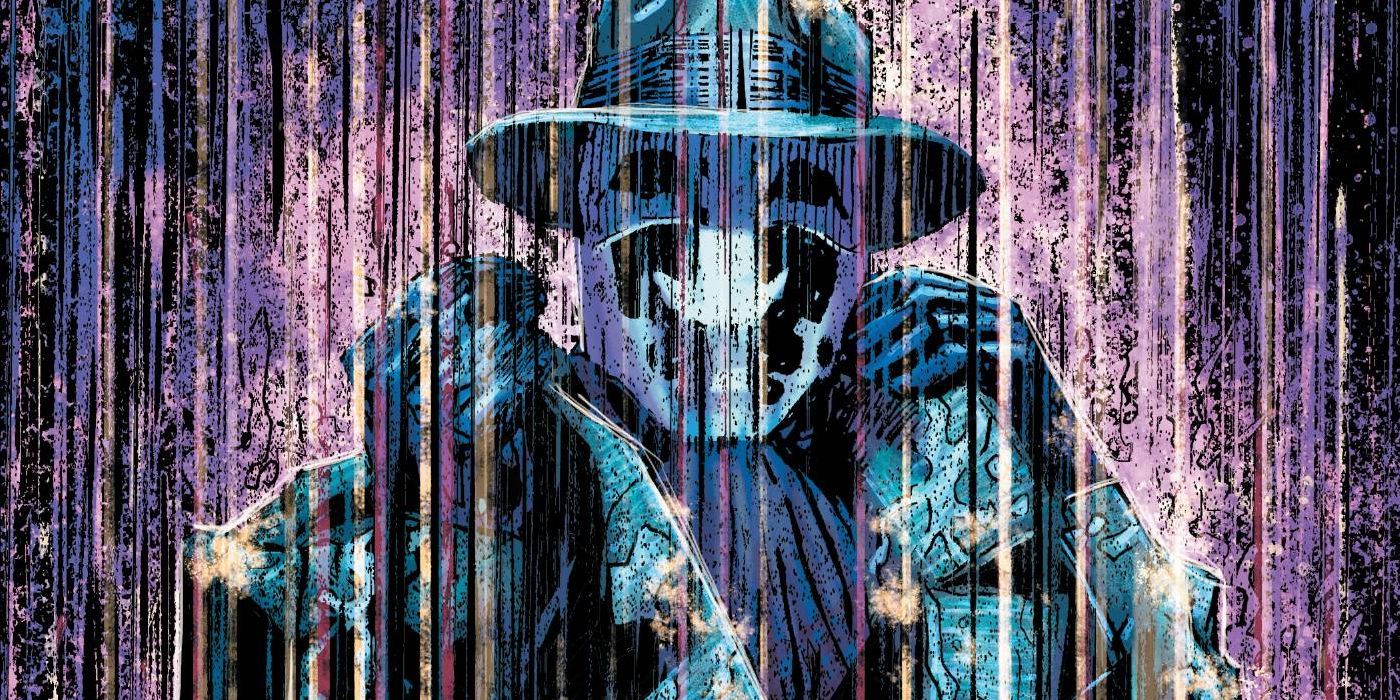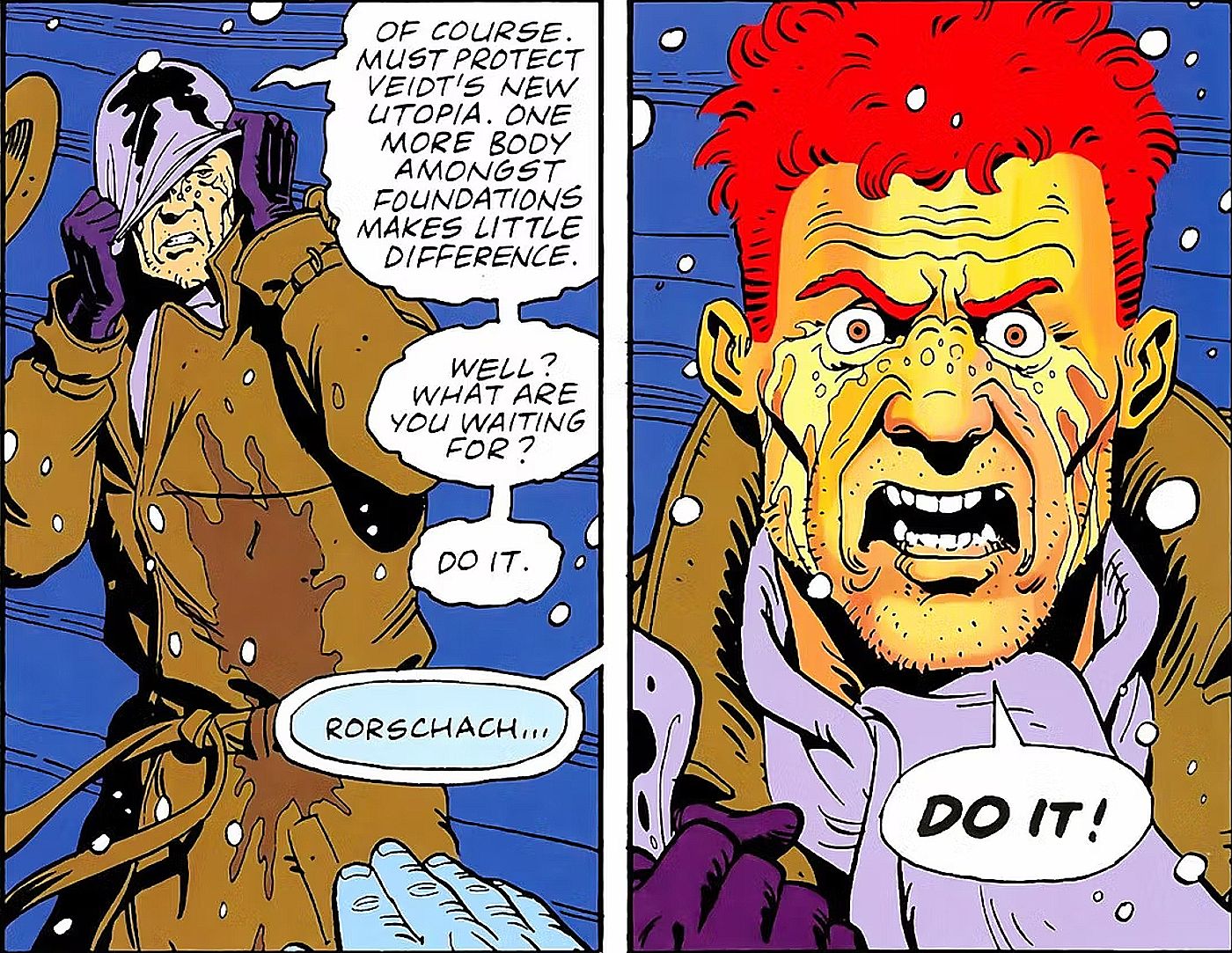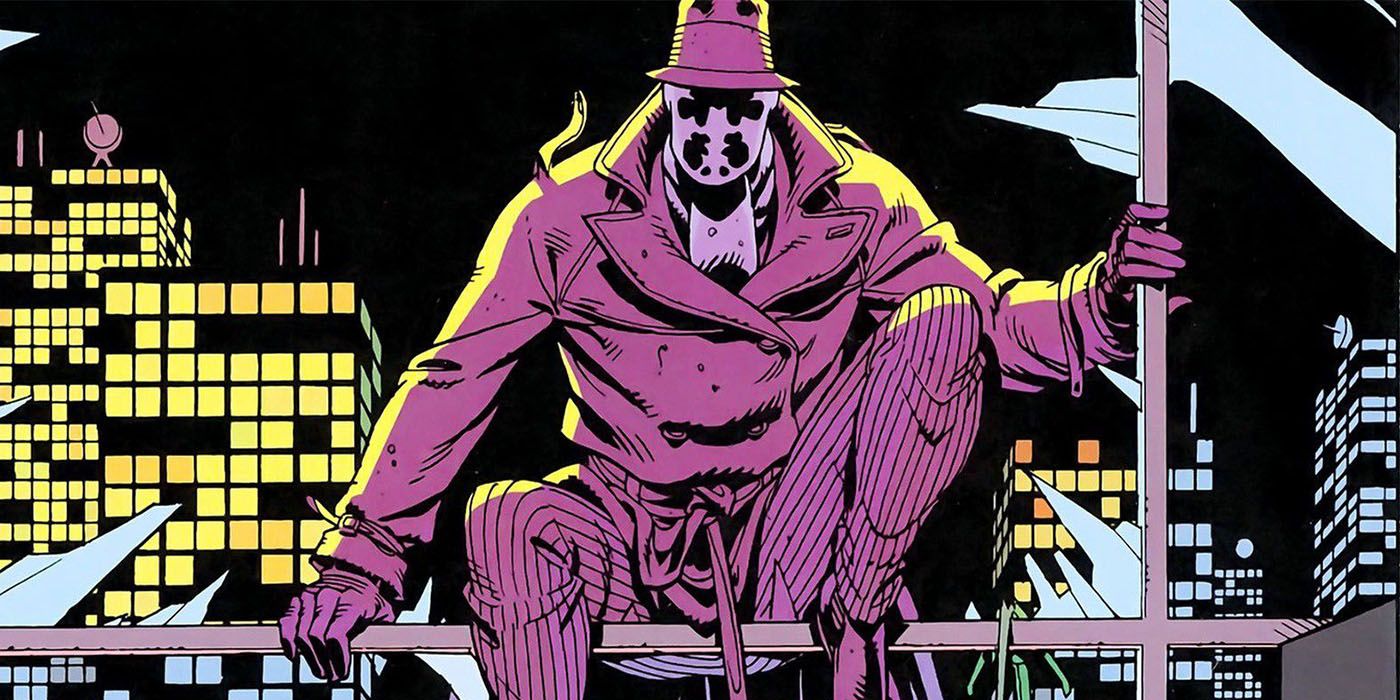Related
Summary
Alan Moore’sWatchmenremains one of the most storied in writing novels in story , thanks to its study of characters like Rorschach . However , since the germinal amusing Word series let go of , Alan Moore has been exigent that his well - known character is woefully misunderstood .
In an audience with Comics Britannia for BBC4 , In 1986 , writer Alan Moore discussedteaming up with creative person Dave Gibbons to make Watchmen . The twelve - issue maxi serial was a murder mystery , set in an alternate account , where the worldly concern teeter-totter on the verge of atomic war between the United States and USSR .
SinceWatchmen’s1986 dismissal , the acclaimed writer has been fiercely at betting odds with readers on what the character of Rorschach symbolizes . This point of disceptation is at its peak over the import of the antihero ’s death – and Moore is adamant that it does n’t intend what people suppose .
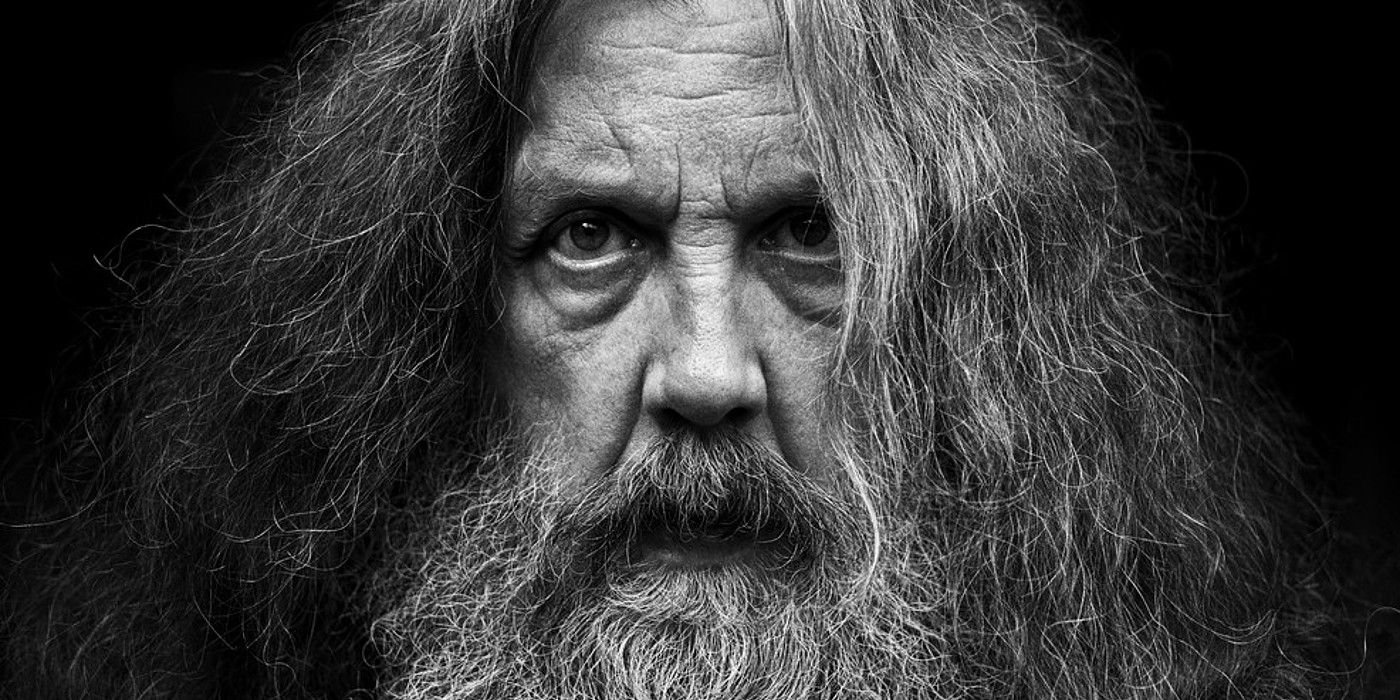
In an interview with Games Radar , Alan Moore hash out the painful process of detaching himself from his bequest of groundbreaking funny book work .
Rorschach’s Death Doesn’t Mean What Many Readers Think
Rorschach , harmonise to Alan Moore , had a " king - sized decease wish , " one that meant such a character could n’t surviveWatchmen .
Watchmenis a deconstructionism of the superhero literary genre . The story follows Rorschach leading an investigation into the murder of Eddie Blake , a former vigilante . After tracing a conspiracy back to Adrian Veidt , a hero former teammate , Rorschach and the other heroes are present with a program that will terminate atomic tensions . However , it necessitates the murder of millions . While the other protagonists concede the efficaciousness of Veidt ’s plan and agree to remain quiet , Rorschach refuses . His final momentssee him stand up in defiance , where he orders Doctor Manhattan to vote out him to silence him .
Rorschach , allot to Alan Moore in an audience with BBC Four’sComics Britannica , had a " world-beater - sized expiry wishing , " one that meant such a quality could n’t surviveWatchmen . As Moore explained , " He was in pain , psychological pain , every second of his lifetime . And he want out of it , but with honor , in whatever his own twisted standards of honor might have been . " The story made absolved that Walter Kovacs , the man behind Rorschach ’s masquerade party , was a character muck up in psychic trauma and abuse , and this pushed him towards violent vengeance . He was n’t motivated by Justice Department or integrity , rather rage - fueled payback .
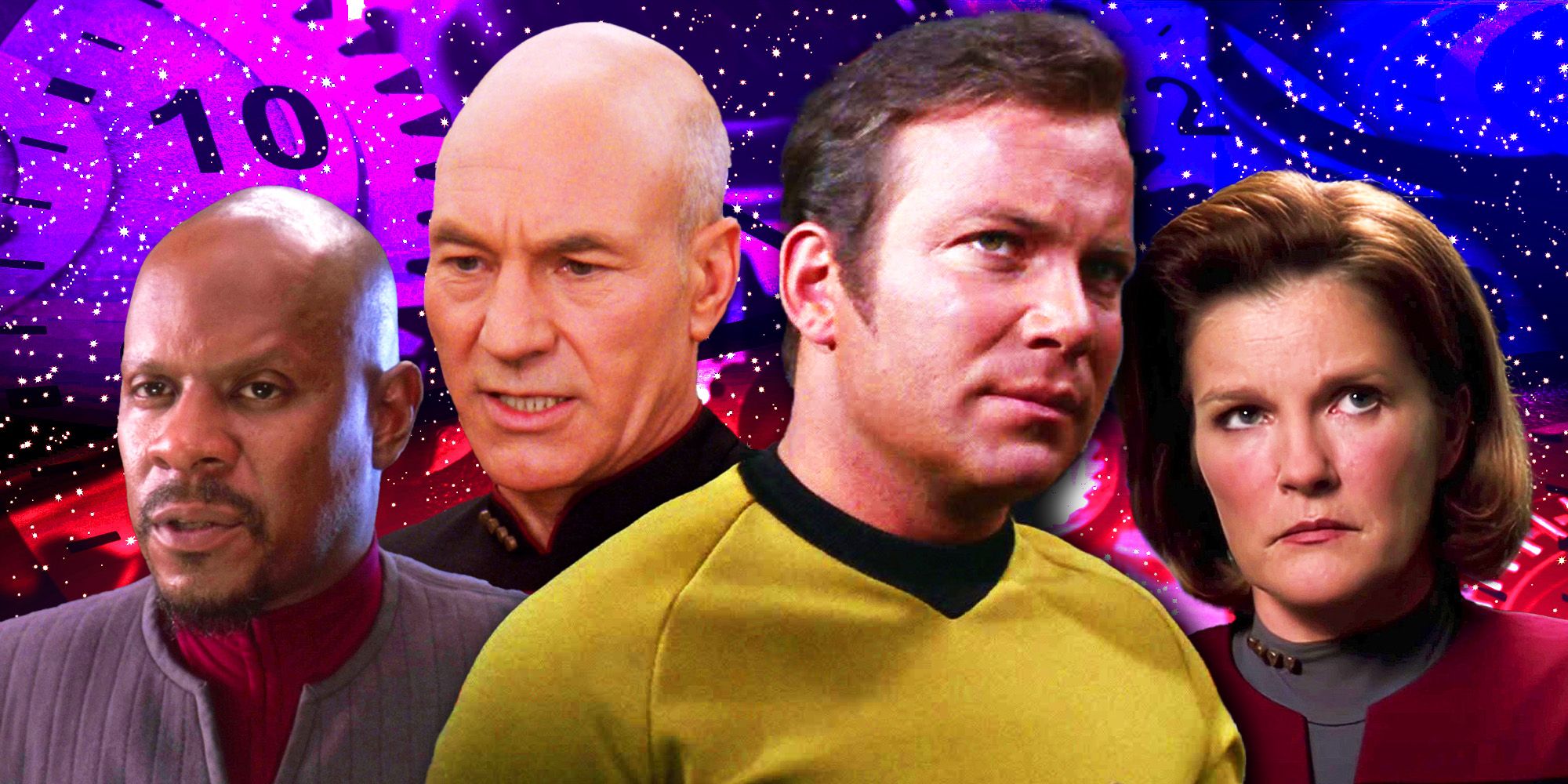
The Meaning Behind Rorschach’s Character Has Been Long-Debated
His last stand in the face of Doctor Manhattan was n’t intended to be a reflexion of the reference ’s decency or integrity . Rather , it was an opportunity for Rorschach to finish his life with some lordliness and honor , at least as he sympathise it .
Rorschach is construe by many as the moral center ofWatchmen . After all , he is the only hero who refuse to be complicit in Adrian Veidt ’s plan . While people understandably see this to be an human activity of courage and righteousness from Rorschach , it ’s clean that Moore saw it differently . His last stand in the face of Doctor Manhattan was n’t intended to be a contemplation of the theatrical role ’s decency or wholeness . Rather , it was an chance for Rorschach to cease his life with some dignity and award , at least as he understood it .
Given the consequence of the later DC seriesDoomsday Clock – by Geoff Johns and Gary Frank –
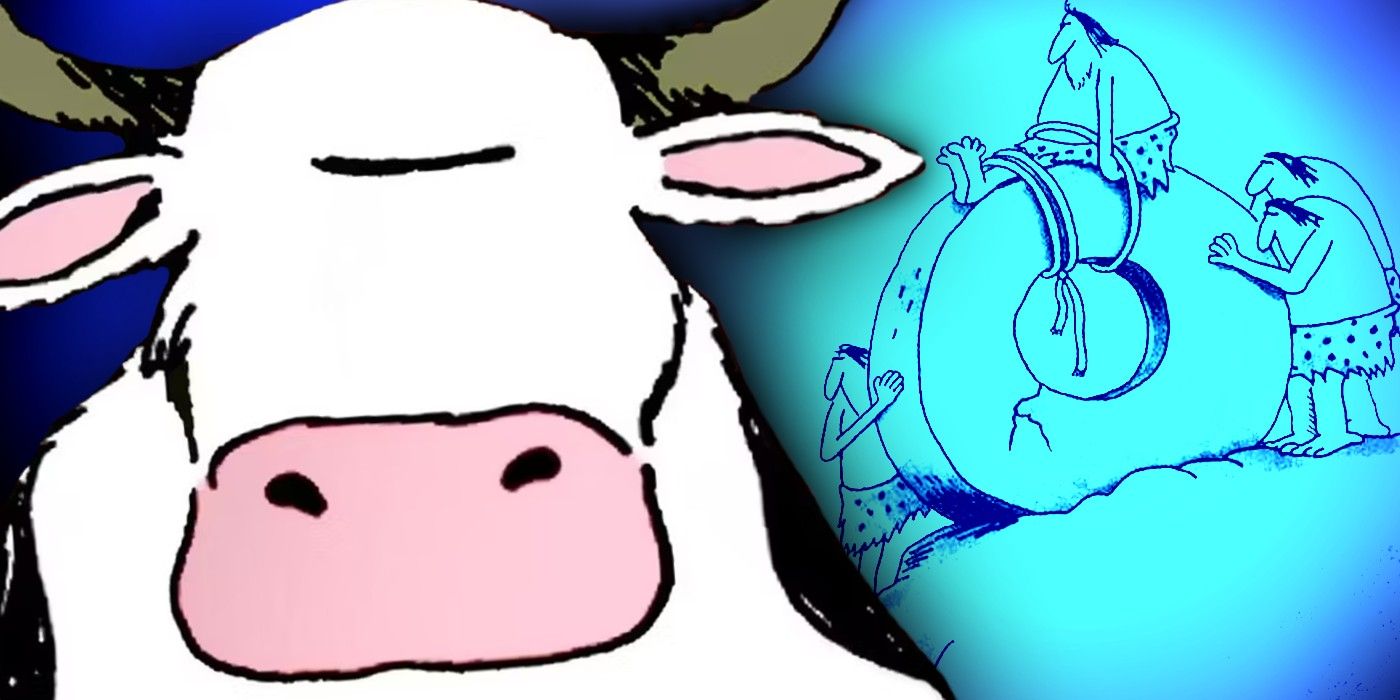
Rorschach ’s disgust at Veidt ’s plan was middling vindicated . There was always some interrogation as to how long a serenity based on a conspiracy of mass slaying could last . However , that was n’t the stage of the character ’s dying . It was n’t a question of who was correct , but rather a symbolization of the traumatized , uncompromising vigilance man ’s chance to finally bonk some public security – which , at the end ofWatchmen , he took .
